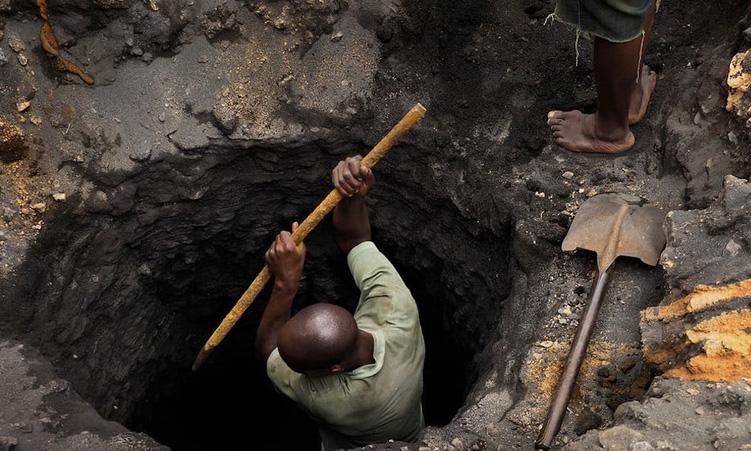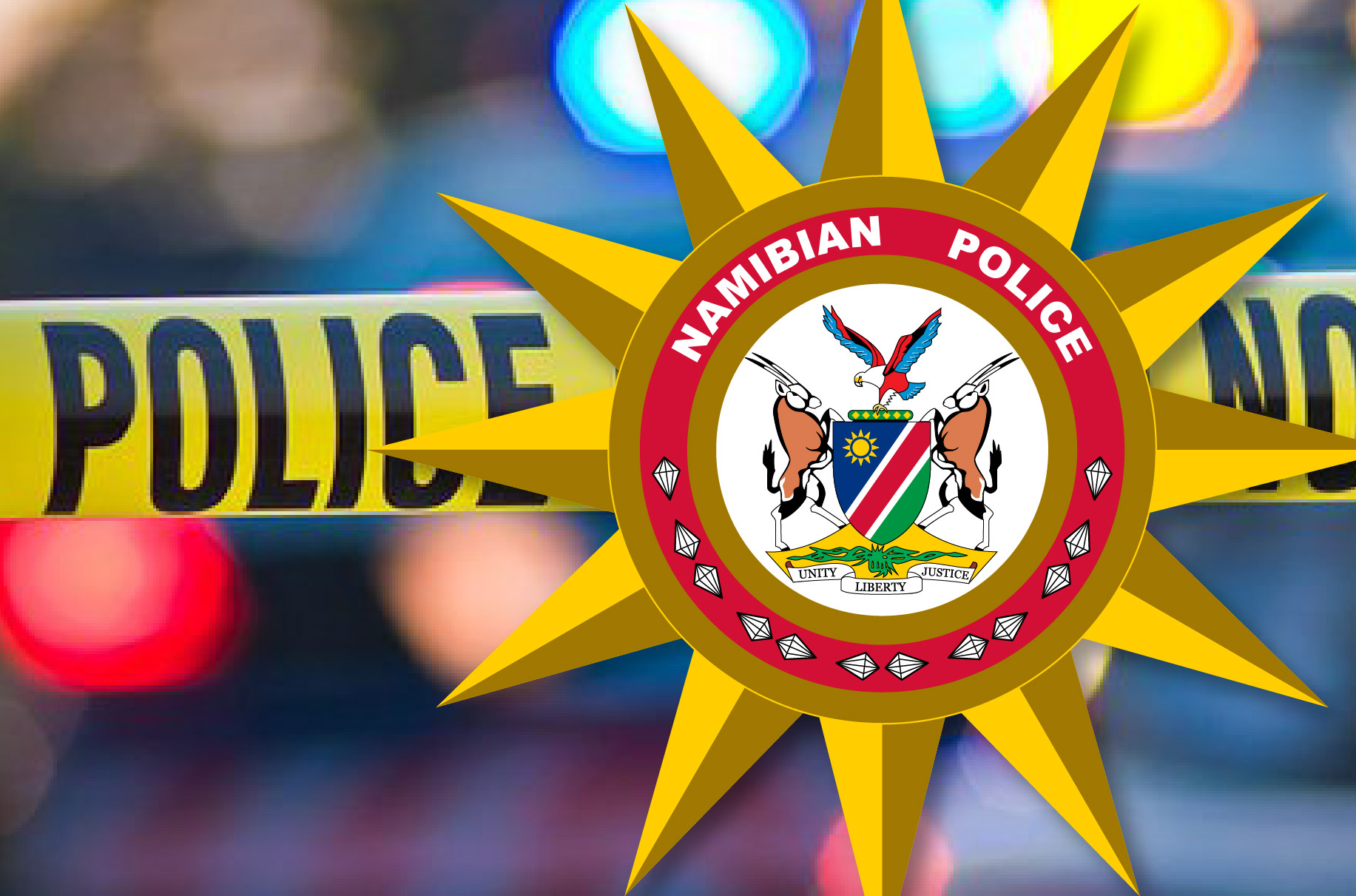ONE in five South Africans polled in an Africa-wide survey would approve of a one-party state, according to results released yesterday.
And one in three believe the president should be able to pass laws without referring to Parliament.
The Afrobarometer survey, carried out in 2008, covered 26 414 interviewees in 19 African countries, 2 400 of them in South Africa.It found that 67 per cent of South Africans questioned were in support of democracy, rather than authoritarian alternatives such as military regimes.Roughly the same percentage disapproved of the idea of a one-party state.However, 21 per cent approved of a one-party state, 15 per cent of a system in which ‘elections and the parliament are abolished so that the president can decide everything’, and 16 per cent of military rule.The 67 per cent figure for supporting democracy compared with a 70 percent average for the other countries surveyed.Fifty-eight per cent of South Africans believed the country was either a full democracy, or a democracy with only minor problems.Thirty-two percent saw it as a democracy ‘but with major problems’, and six percent as not being a democracy at all.Afrobarometer researchers Eric Little and Carolyn Logan said both Botswana and South Africa had earned the designation of ‘free’ from NGO Freedom House in 2008, with identical scores on indices of political rights and civil liberties.’Yet when we ask respondents in the two countries to rate the extent of their own democracy, confident Batswana give themselves the highest ranking among the 19 countries, with 91 per cent rating the country as either a full democracy or a democracy with only minor problems, compared to just [58] per cent of South Africans who give their country a similarly positive review.’In the realms of society, politics and the economy, perceptions mattered just as much as, if not more than, reality, they said.They noted the South African leg of the survey was conducted just a month after Thabo Mbeki was ousted from the presidency, and shortly before the formation of the Congress of the People.The survey found that 69 per cent of South Africans believed leaders should be chosen through regular elections.But 29 per cent agreed with the statement: ‘Since elections sometimes produce bad results, we should adopt other methods of choosing this country’s leaders’.And while half agreed Parliament should make the country’s laws, 35 per cent were happy with the idea that ‘since the president represents all of us, he should pass laws without worrying about what the parliament thinks’.Just under a third believed there should be no constitutional limit on how long the president could serve, and that he should not be bound by laws or court decisions that he thought were wrong.Across the continent, almost 60 per cent of people interviewed in the rest of the 19 countries declared they lived in a full or almost full democracy.Support for democracy as a political system ranged from 85 per cent in Botswana, to 39 per cent in Madagascar.’This cross-national distribution of opinion accords with each population’s political experience,’ said academics Bob Mattes and Michael Bratton.’Batswana apparently derive their regime preferences from more than 40 years of stable multiparty rule, whereas Malagasy convey concern over a recent history of irregular elections, mass protests and non-constitutional power grabs.’Across the 19 countries large majorities roundly rejected military rule and two other authoritarian regimes common to Africa: one-party rule, and personal rule by a strongman.But while almost all those interviewed rejected at least one form of autocracy, far fewer rejected all forms of autocracy.Researchers also said a review of all the Afrobarometer surveys since 2001 showed that higher levels of political freedom in African countries often corresponded with lower levels of poverty.-Nampa-Sapa
Stay informed with The Namibian – your source for credible journalism. Get in-depth reporting and opinions for
only N$85 a month. Invest in journalism, invest in democracy –
Subscribe Now!










